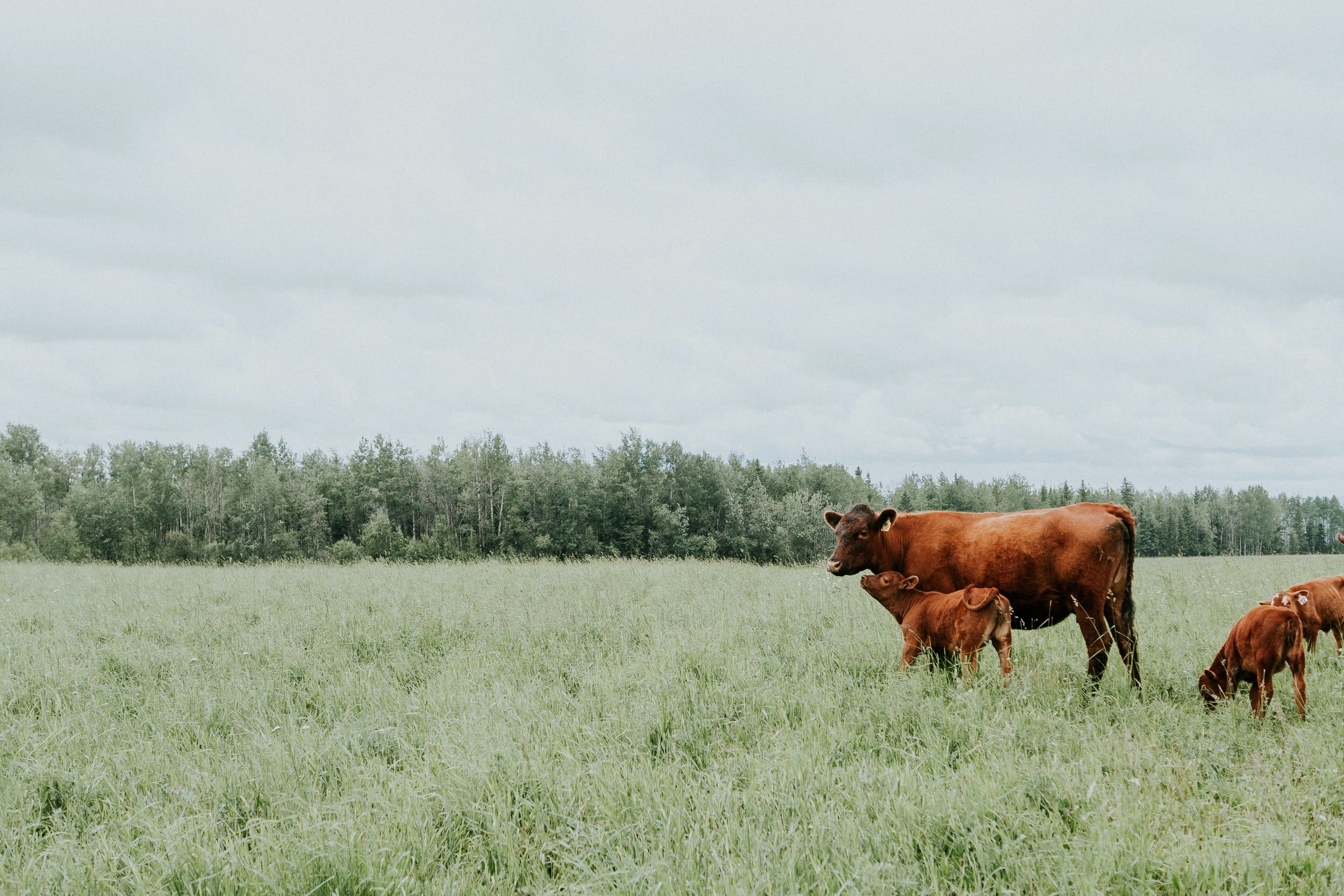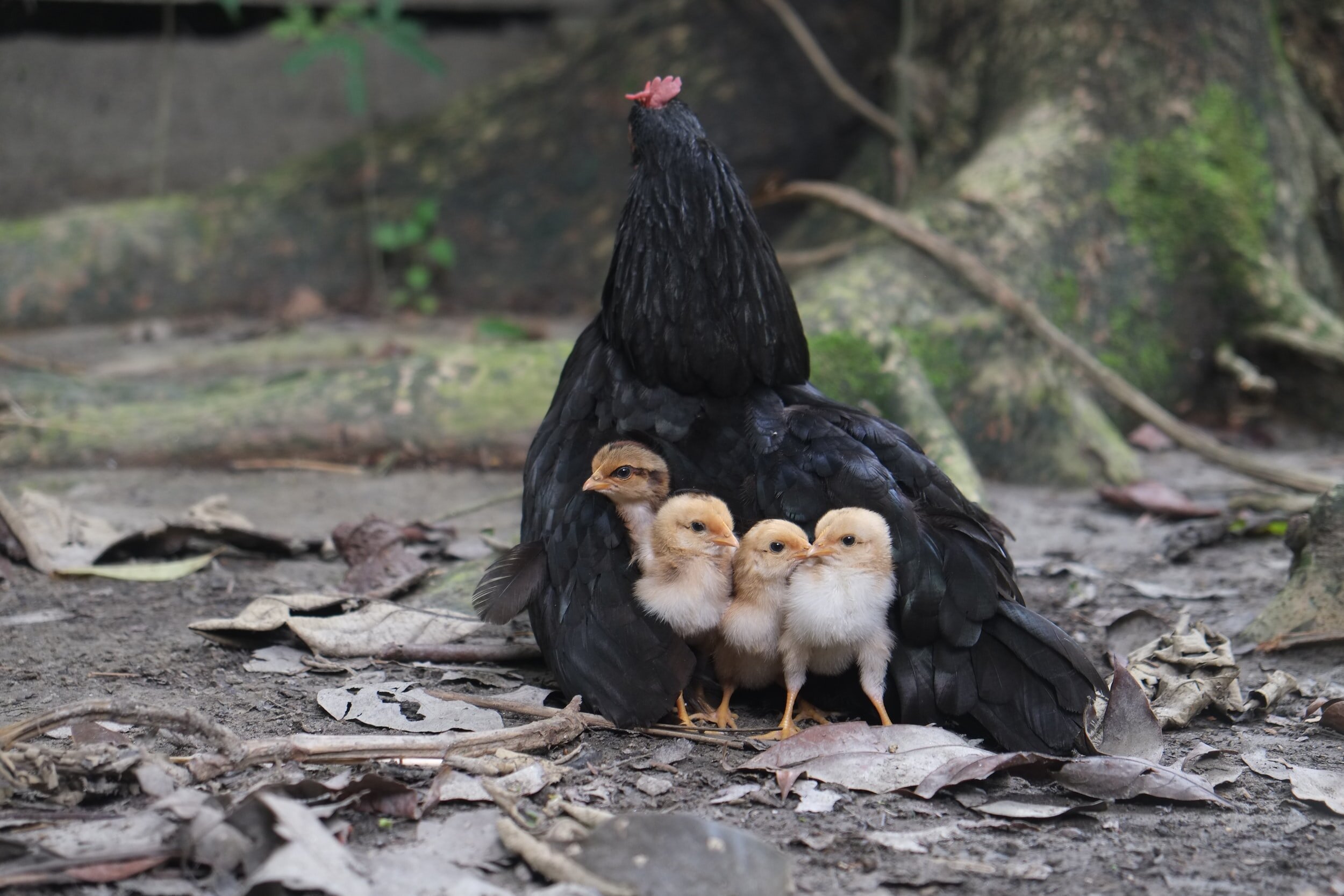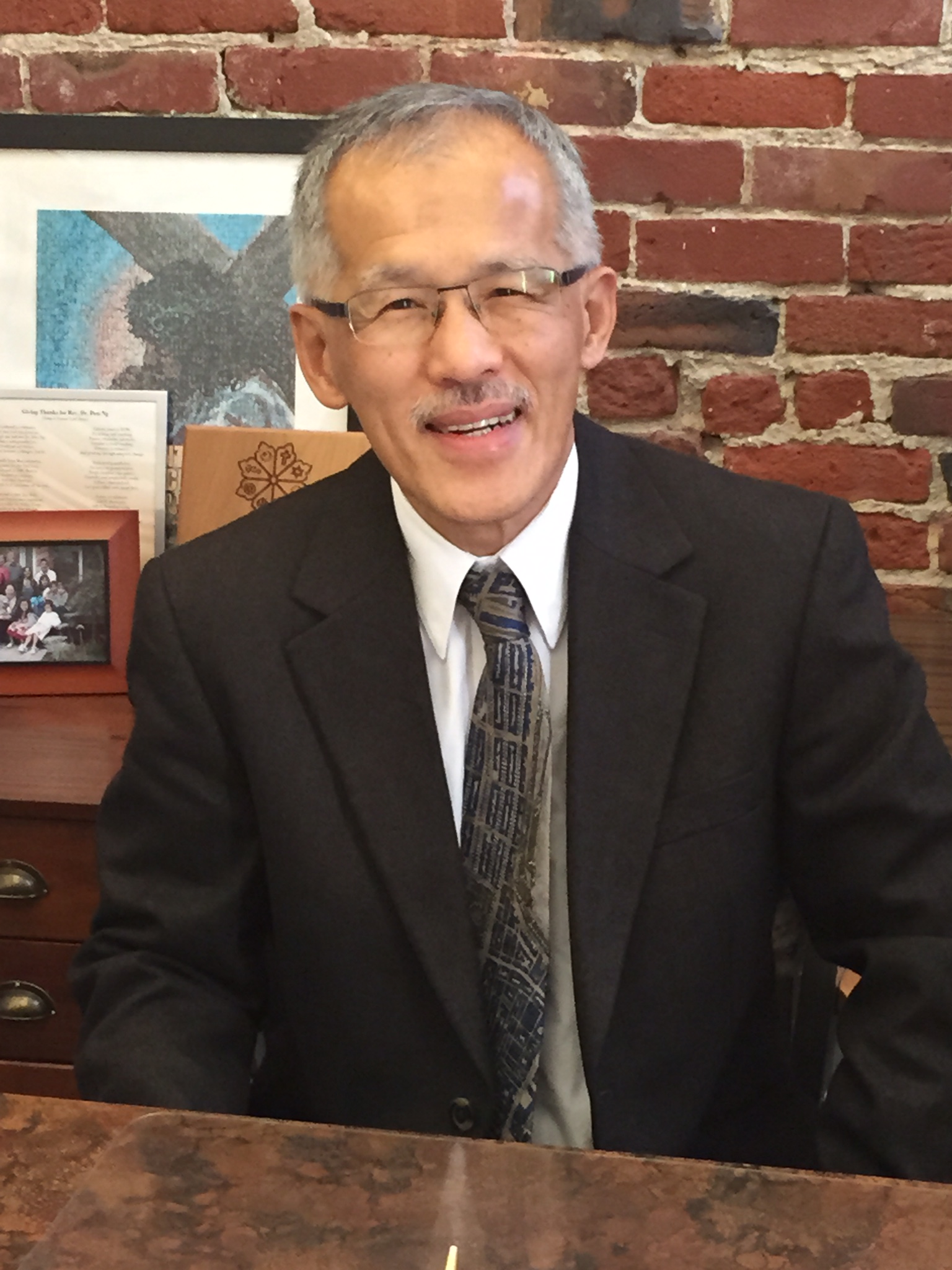By Lee Palumbo
This is a story written and told by Lee Palumbo at CreatureKind’s LoveFeast service. You can view a live version of the story here.
ROMANS 12:2 International Standard Version
“Do not be conformed to this world, but continuously be transformed by the renewing of your minds so that you may be able to determine what God's will is—what is proper, pleasing, and perfect”
When my child Wren announced they were vegan I silently groaned. It seemed like just another rebellious act in a long line of rebellious acts that had left us reeling and exhausted over the puberty years. I politely listened to the stories and descriptions of farming practices, the baby animals, the overwhelming numbers, and mostly filed them in my brain as “too hard to think about.” Sometimes their eyes would well up and tears flowed down their cheeks simply because we were eating cheese. It seemed disproportionate at the time, and I remember dismissing their feelings as an overreaction.
Dismissing their reality.
Dismissing their insight.
Gaslighting is often experienced by vegans. It is not always consciously intentional; it is done to defend another’s reality. But it hurts those on the receiving end and can lead to deep anxiety. It is experienced as silence, eyerolls, jokes about bacon and dying of protein deficiency, and the typecasting of vegans as militant, extreme, and humourless. Gaslighting is nuanced and passive aggressive, and it is often an attempt to bring the other into order.
I deeply regret the dismissive comments I made at that time. But their persistence worked, and so did watching the movie Dominion. We watched it together as a family, and finally two years after the first conversation, the whole family went vegan. While the change seemed to happen overnight, it was — just like any conversion — actually a long journey, and my faithful child was there preaching all the way.
Cheese and the whole dairy industry then became the epitome to us of everything that is exploitative and wrong about current food and farming systems in developed countries. Stealing calves and stealing milk on stolen land. I was starting to see that the whole picture of colonial exploitation sat juxtaposed to the history and practices of first nations people, which involve collaborative and integrated approaches to living with animals and the land. A renewal of our minds about food had begun, and the connections to a theology of caring for the planet and everything on it became apparent.
At first it was hard work. Our minds were stuck in an old system of food. But over time we explored the bigger picture and the thousands of different recipes that have been developed by people all over the world who use veg as their default. Now, we eat a bigger variety of foods than ever before. My spice cupboard is a chef’s dream.
Wren’s every day is a living sacrifice — saving half-dead lambs from the winter frost, picking up abandoned old sheep no longer able to walk, re-homing injured hens discarded by the chicken farm, and the list goes on. Most of the little money Wren has goes towards their upkeep and vet bills. I’m so grateful and proud of their nonconformity and abandonment of external pressures on who they are and the life they have chosen. I am passionate about changing our trajectory on this planet, and sparing farmed animals is a huge part of that. I feel a clear direction given by our Creator, so I do it because I feel a desire to align with God's will for my life. Yet, all around me are activists doing way more than I am, just because it’s the right thing to do for the common good, often unaware of the Creator who loves them. I am humbled by their dedication, love, and commitment. Their lives are shaped by their ethics, and to a degree, by vegan culture. Our lives as followers of Jesus need to be shaped by the “Kingdom come, His will be done,” or it will be shaped by the culture instead.
Last year I was lucky enough to be one of the fellows in the CreatureKind Fellowship Program. One of the reasons I applied was to deepen my understanding of my new vegan life from a biblical and theological perspective. I wanted it to refine my thinking. We learnt so much, but what struck me the most was how limited my understanding was at the beginning, due to my worldview. I am an immigrant from a colonial background, my worldview shaped by my European middle class-ness. My food choices had been shaped by this, too. The fellowship helped to renew my thinking, embrace a wider perspective, and look at the cross section of social injustices that are interwoven into our current food system. It's bigger than I ever imagined. It left me with a heart on fire for action.
You know we are called for times like this.
Esther 4:14 CEV
“If you don’t speak up now, we will somehow get help, but you and your family will be killed. It could be that you were made queen for a time like this!”
How scary it is to speak out against the popular narrative of the day, and those of you who have been vegan for a long time will know all about this. Social media death is guaranteed when you speak out against animal farming. Just try it. But even in the middle of a global pandemic, with a global rise in nationalism, racism, temperatures — a time of increased poverty and a tsunami of mental health issues coming — you need to speak. For evil to continue we only need to do one thing — nothing. Esther and Wren both found their purpose outside of the safe zone of cultural expectations.
So what can we do? Well, you can continue to live your everyday life, capturing the smallest details of it, and place it before God as an offering. Your food, your thoughts, your dreams and imaginings. From your cup of Fair Trade coffee in the morning to your Vietnamese tofu burgers in the evening, and thank God for every bit of it. Be grateful you are called out of certain cultural norms, your heritage that binds, your family traditions steeped in a bygone era. You are called to a life that sees the Creator in the simplicity of the everyday, and yet, called to change the world through your every breath, your every prayer, and your every action. You are the people of the restoration, a new world coming, and that can only be seen in the everyday. Be shaped by the kingdom, on earth as it is in heaven, or you will be shaped by cultural norms. Stand in that space, protected, empowered, and fed by the Creator God.
We will fail in all of this, too, and we will need grace every day. But be assured that the Creator brings out the best in you, and that is something you can rely on in this volatile world in which we live. God’s will be done. God's perfect, proper, and pleasing will, forever and ever, amen.















